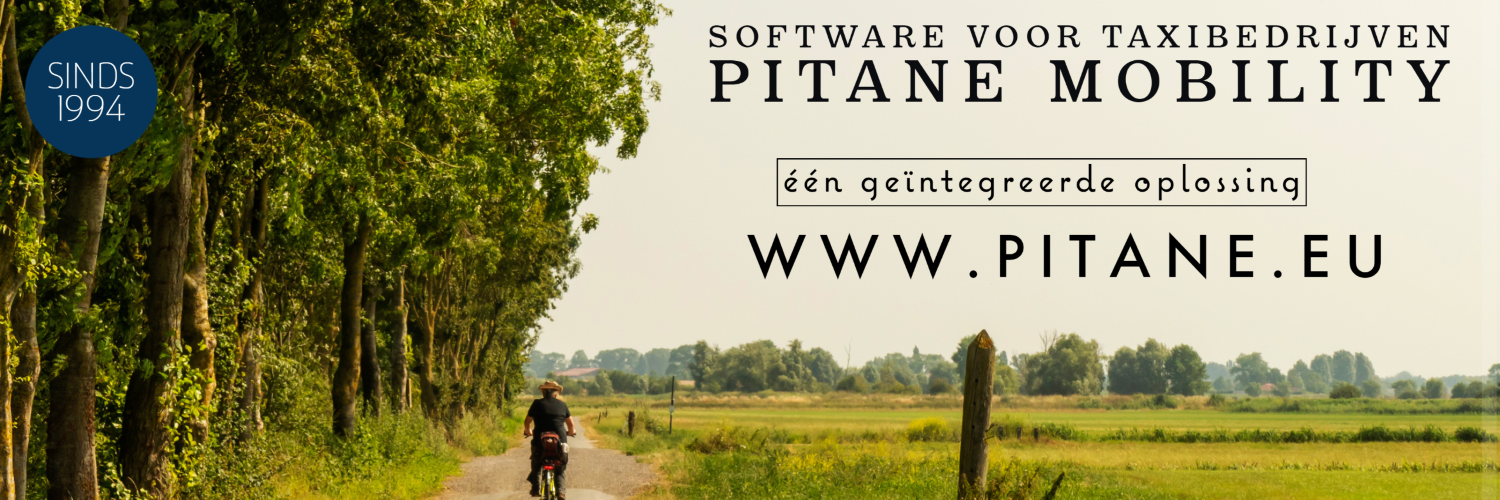While the Netherlands and Brussels invest in sustainable and affordable transport, healthcare transporters and farmers are sounding the alarm.
The outgoing cabinet will make no less than 2024 million euros available in 420 to prevent a fare increase in public transport. This decision comes after a call from the House of Representatives, which expressed concerns about the possible financial impact on travelers. State Secretary Vivianne Heijnen of Infrastructure made the news is known and emphasized the role of public transport, especially at the regional level. Of the total amount, 300 million euros will go to regional transport and 120 million euros to the Dutch Railways (NS).
In addition to government interventions on transport fares, television personality extends Helene Hendriks her ambassadorship at the TVM Awards, an initiative focused on transport and road safety. The contract extension was received with enthusiasm, especially after Hendriks' recent win of the Televizier-Ring for best Presenter.
Meanwhile warn the healthcare transporters for an impending crisis in student transport. According to Royal Dutch Transport (KNV) Healthcare Transport and Taxi, there is an acute shortage of drivers and an increase in the complexity of transport demand. Chairman Bertho Eckhardt emphasized the high workload and called for an evaluation.
In Brussels there are attempts to switch to more environmentally friendly means of transport. A recent one partnership between Virya Energy and Taxis Verts focuses on the development of hydrogen vehicles, following a similar effort in The Hague.
In France, strikes at the national railway company SNCF mainly affect regional lines. The staking is a call for higher wages and gender equality, with high-speed trains running as usual.
Finally, Dutch farmers struggle with a tight one harvest deadline, mainly because of the strict rules for the use of fertilizers after October 15. Agriculture Minister Piet Adema has relaxed the deadline somewhat, but farmers consider this insufficient.



